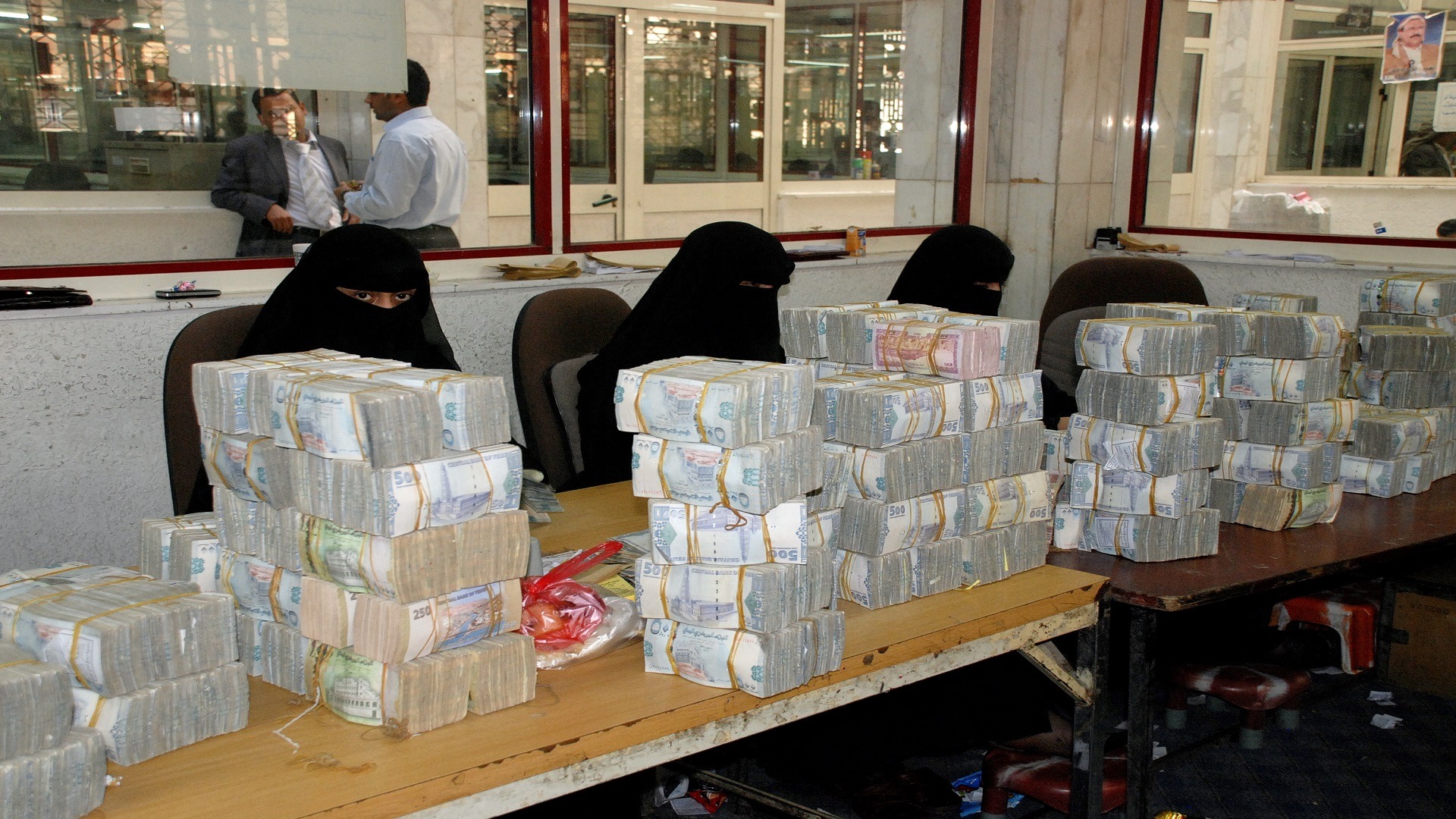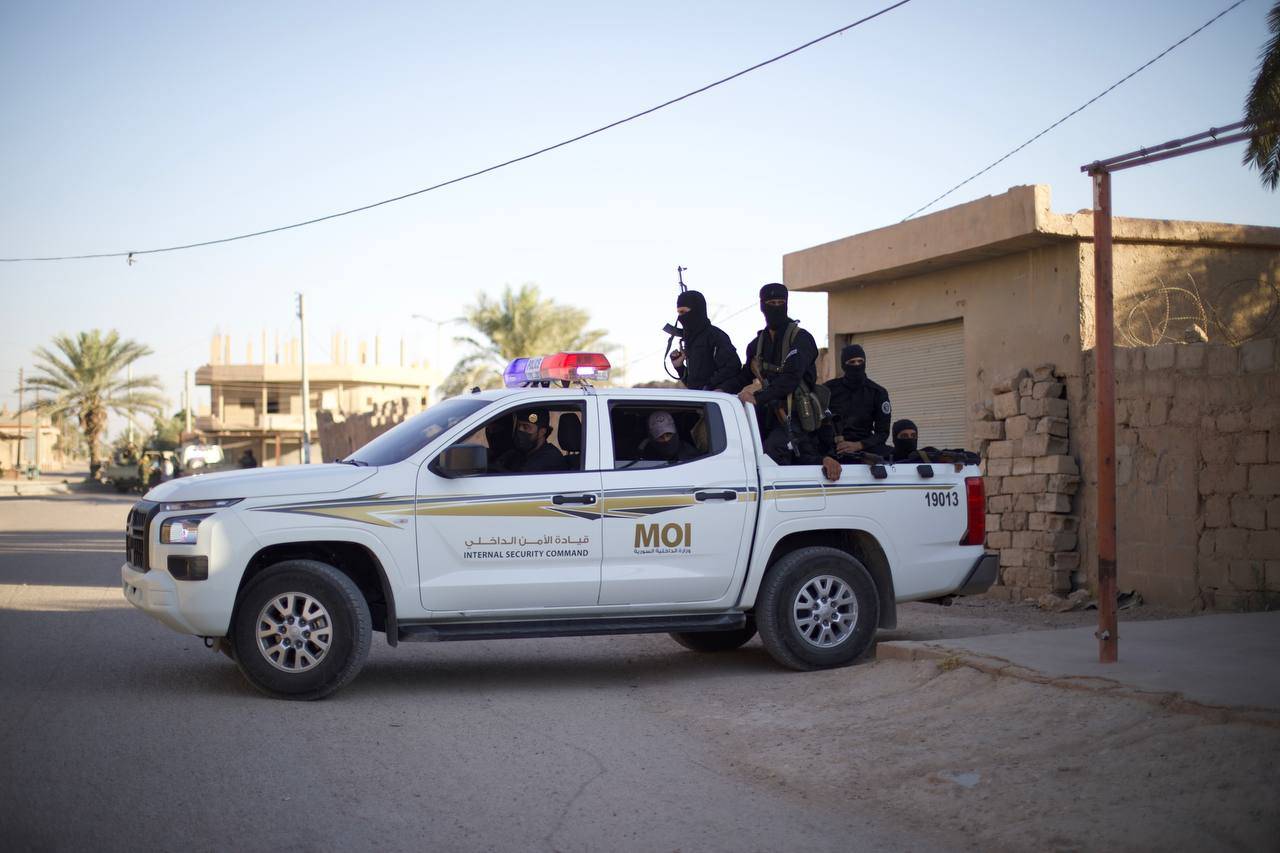
Barran Press
A recent economic study, released on Thursday, July 11, 2024, revealed a deepening crisis within Sana'a's banking sector, a direct consequence of the destructive policies implemented by the Houthi group, internationally designated as a terrorist organization, over the past nine years.
The study, published by the Yemen and Gulf Center for Studies and reviewed by Barran Press, warns that this crisis, fueled by security and political factors, is becoming increasingly difficult to manage and will have a devastating impact on the overall economic and living conditions.
The study states that these Houthi practices have pushed numerous banks to the brink of bankruptcy. It highlights that customers have withdrawn their deposits, but these banks have been unable to fulfill their financial obligations due to the seizure of their assets by the Central Bank of Sana'a.
The study further details how the Houthi group's actions have forced commercial banks to pay their employees partially and over extended periods, with daily withdrawal limits ranging from 5,000 to 15,000 riyals depending on available liquidity.
The study describes these events as "destructive" and attributes the crisis in banks operating in Houthi-controlled areas to the group's policies. The situation has worsened since the issuance of a decree prohibiting usurious transactions in March 2023.
According to the study, the Houthi group's targeting of the banking sector began with the freezing of traditional bank assets earmarked for investment in government debt (treasury bills). They then prevented Islamic banks from liquidating their investment assets, such as land and real estate, without approval from the Central Bank of Sana'a. This has rendered these banks incapable of managing their assets and left them facing imminent collapse.
The study emphasizes the Houthi group's deliberate targeting of financial flows, as Islamic banks rely heavily on real estate transactions through the Murabaha (cost-plus) system, as they have not participated in investments in government debt instruments (treasury bills).
The study concludes that the Houthi group's poisoning of the banking environment and its damage to economic and financial activities have resulted in a near-total standstill in the banking sector. Last year, one bank closed its branches in various governorates, laid off employees, and retained only its Sana'a and Hodeidah branches.
The study identifies the Houthi group's desire to reshape the decades-old banking sector and establish a new banking system aligned with the interests of the parasitic class that has benefited from the war and accumulated wealth through war profiteering and illegal activities. This new system operates outside the legal frameworks and international banking regulations.
The study asserts that the ongoing undermining of the banking sector in Sana'a is part of a broader crackdown on the private sector, including the targeting of commercial houses, the depletion of national capital, and the forced exodus of businesses from the country. This is being done to facilitate the Houthi group's control over the Yemeni economy and to replace existing players with those loyal to them.





